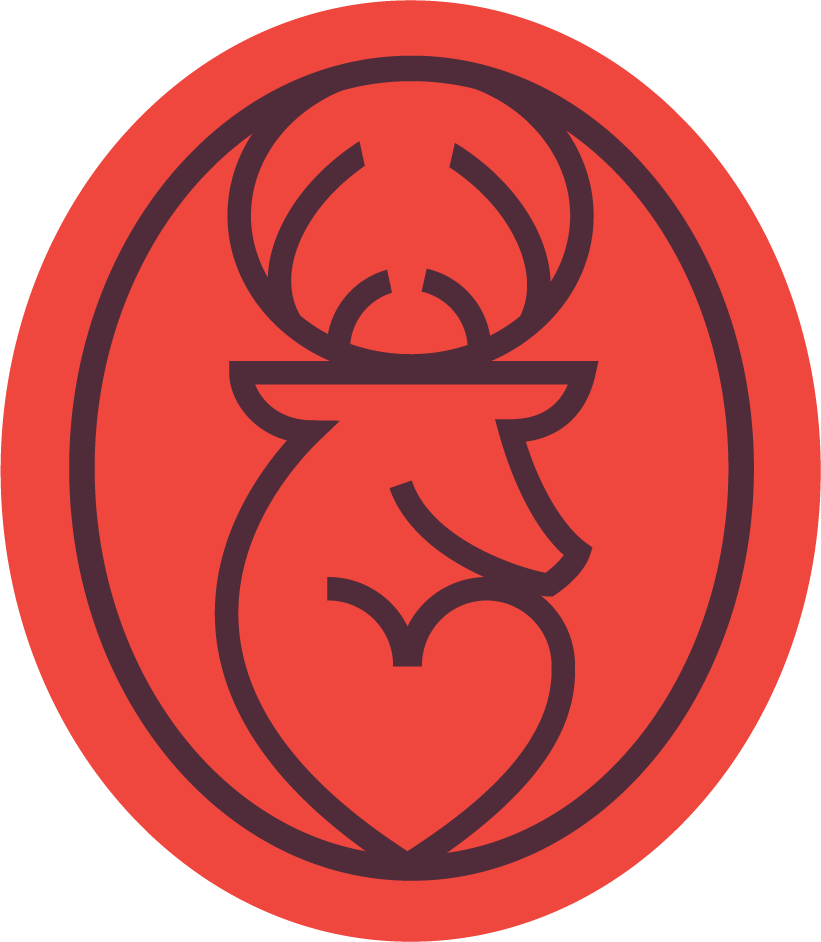Getting Help is a Radical Act
When you’re a physician, seeking support is a radical act.
The barriers are both internal and external.
The culture, business and regulation of medicine are to blame externally.
Stigma. A 2017 Mayo Clinic study found that states that probed too broadly about mental health history of licensure applicants were less likely to seek mental health support.
Physician Personality: The very things that make doctors good at treating patients make them their own worst patients. The toughness that is branded into you through medical training and reinforced through medical culture breeds a dangerous stubbornness when it comes to their own mental health.
Burnout can come on slowly, often over years. Just like the frog who doesn’t jump out when the temperature is raised over time, physicians are groomed by the culture of medicine to live in denial until they are in the very latest stages of burnout.
While your MDs and DOs may be the cause of your isolation, burnout, loneliness and depression, for many physicians, the letters behind your name are also your very identity.
Wherever you go, there you are: a doctor.
You can’t escape it.
Your career has likely been humming along, so you haven’t had to really think about what you want, let alone who you really are.
With most of your lives tilted toward the acquisition of your degree — years of school, residency, fellowship — you may find yourself a little lost.
Perhaps you’ve lost sight of your life purpose, your values and what really matters. You may find yourself lost.
But doctors are masters of disguise. The profession demands that of you.
It’s how you survive; it’s how you look the part, even when you’re dying inside.
Maybe you know you need some help.
You need to unburden yourself, be seen without judgment or fear of losing your status or license.
But much of the so-called “help” out there, including one-off seminars and weekend that administration might toss your way, are not actually helpful.
In fact, they take more time away from life.
So what is the help that is actually helpful? And how can you seek it safely?
Coaches are not required to report anything to anyone — or even write anything down.
Or, start with a support group just for physicians that guarantees anonymity, like Physicians Anonymous.
Anonymity levels the playing field.
There, you leave your credentials and CVs at the door.
Without your professional qualifiers, something begins to happen.
The masks come off.
Vulnerability, in its simplest form, shows up.
People — humans who happen to be healers — begin to tell their stories.
Just the truth.
The truth about what keeps you up at night — the fact that you are up at night.
That’s when we hear that the system demands inhuman behavior from its healers, but it’s when we also learn about the more hidden truths that doctors “do to themselves”.
Addiction to work, inability to sit with nothing to do, withdrawal from work — these are some of the contributing factors to burnout that we don’t hear about from doctors out in the world.
How the toxicity of the business of medicine may not allow you to practice in a way that honors your highest purpose.
The realization that you are powerless may begin to set in.
It’s the first step of the12 Steps: “Admitted that our lives had become unmanageable.”
This is where the magic happens.
Admitting what feels impossible with other physicians takes courage.
Seeking support is a radical act.
Welcome to vulnerability. Welcome to fellowship with others who might be feeling the same sense of burnout, imposter syndrome, grief, PTSD, general dissatisfaction, and so much more.
Welcome to a space where you can take off your white coat off, stop sharing your business cards and show up as you are. Without risk to your license or reputation.
This is a place where doctors are, first and foremost, human beings.
This is being radical. Going against the culture that says vulnerability is weak.
Welcome to courage. Welcome to being yourself. Welcome to change.

